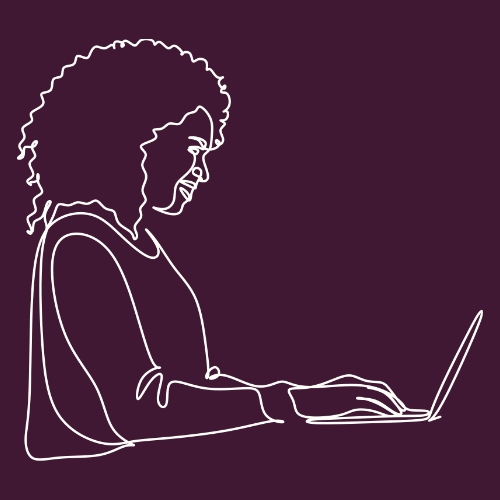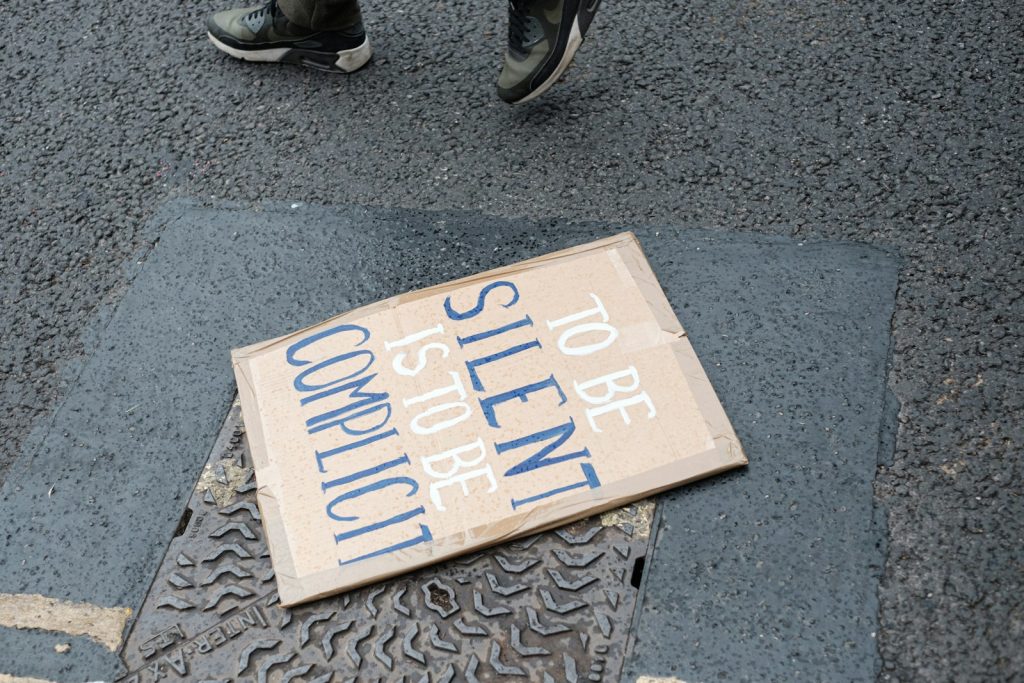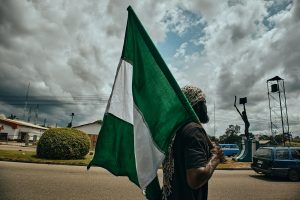In recent weeks, the events surrounding Labour MP Dianne Abbott have left me enraged and disheartened. As a black woman, I cannot stay silent about the blatant misogynoir that has been directed at her, particularly in light of the disturbing comments made by Conservative Party donor Frank Hester. I hope that those who cannot relate understand that it is a privilege to educate yourself about racism and misogyny instead of experiencing them. For those who may not be familiar with the situation, the whip was withdrawn from Abbott last year following controversial remarks she made about racism, in particular, antisemetism. I personally choose not to engage in oppression olympics, however, the response to the blatantly racist and misogynistic comments made against her has been disappointingly inadequate.
This stark contrast in reactions highlights a broader issue: the persistence of systemic oppression and the need to dismantle the systems of supremacy that continue to plague our society. Frequently, I’ve observed that ambiguous assumptions of antisemitism tend to receive significantly more attention, credence, and reproach than blatant instances of racism directed at black and brown individuals. This disparity often undermines the importance of addressing all forms of racism and discrimination equally and effectively.
It is particularly disconcerting to witness the lack of allyship and support from other women in politics, as it is crucial for us to stand united in the face of such blatant prejudice. Dianne Abbott is not only the first black woman to be elected to parliament; she is also the longest-serving black member of parliament (MP). These recent events make it increasingly clear that our current systems not only perpetuate inequality but also hinder the progress of marginalised individuals. So, no matter how hard we work or try to prove ourselves, the harsh reality is that those in minority groups will continue to be oppressed until systems of supremacy and oppression are dismantled.
In 2019, Dianne Abbott, a Labour MP, made comments during an appearance on BBC’s Question Time, where she argued that Jewish, Irish, and Traveller people had never been “subject to racism” in the same way as Black people. Her statement was intended to highlight the unique and deeply-rooted systemic racism that Black people face but was widely criticised for overlooking the prejudice and discrimination experienced by other minority groups.
The backlash Abbott faced was swift and intense, with many politicians, commentators, and members of the public condemning her remarks. This ultimately led to her suspension from the Labour Party. While the decision was made to demonstrate Labour’s commitment to opposing all forms of racism, the severity of the response was met with concern and criticism.
The recent revelation of racist and misogynistic comments directed at Abbott by Conservative Party donor Frank Hester has brought renewed attention to her situation. In contrast to the decisive action taken against Abbott for her insensitive remarks, the response to Hester’s abhorrent comments has been less forceful, leading many including myself, to question the double standards at play and the enduring presence of systemic oppression in our society.
As a black woman, the events surrounding Dianne Abbott resonate with me on a deeply personal level. Watching her stand up in Parliament over 40 times, attempting to address the prime minister only to be ignored, is infuriating and disheartening. The fact that Labour Party leader Keir Starmer sent out an email soliciting donations referencing the incident without once mentioning Abbott’s name speaks volumes about the continued erasure and dismissal of black women’s voices in politics. When this kind of microaggression remains unchecked, it spirals into the need for movements like #SayHerName.
The lack of allyship from other women in politics, particularly white women, is especially troubling. This after the recent celebration of International Women’s Day and its theme of “Inspire Inclusion,” serves as a reminder that we still have a long way to go in understanding and embracing intersectionality. Intersectionality teaches us that our various identities—race, gender, class, and others—intersect and shape our experiences of discrimination and privilege. For true progress to be made, it is crucial for women from all backgrounds to stand in solidarity with one another, recognising and addressing the unique challenges faced by women of colour.
In situations like this, the silence of white women in politics only serves to perpetuate the systems of oppression that harm us all. We need our allies to use their voices loudly and clearly to call out misogyny, racism, and all forms of discrimination, both within and outside of political spheres. Only by working together, acknowledging our differences, and committing to intersectional allyship can we effectively challenge and dismantle systemic oppression. As we reflect on the experiences of Dianne Abbott and the challenges faced by marginalised individuals, it’s crucial for each of us to consider our own role in challenging systemic oppression. It is not enough to simply acknowledge the issues; we must take action to create change.
To become better allies and advocates, we can
- Educate ourselves on intersectional feminism, recognising that the intersections of our identities shape our experiences of discrimination and privilege.
- Engage in open and honest conversations about race, gender, and other facets of identity, actively listening to and amplifying the voices of marginalised individuals.
Together, we have the power to create a future where the experiences and voices of marginalised individuals are not only heard and valued, but also celebrated. By embracing intersectionality, fostering allyship, and taking collective action, we can challenge the systems of oppression that seek to divide us and create a more just and inclusive world for all.
From the desk of the disruptor; a display of my aversion to conforming to societal expectations, my unpopular & often uncensored opinions & observations, & my refusal to be trapped by dogma. You can find me here socially commenting and unapologetically shaking tables for whatever it is I truly believe in.
Featured Image Fact Check: A protest placard on the ground with a relevant quote. The saying “To be silent is to be complicit” emphasises the importance of speaking out against injustice. In the context of allyship, this quote holds particular significance. When individuals choose to remain silent in the face of discrimination or mistreatment, they inadvertently become complicit in perpetuating harmful behavior. The silence of many white women in UK politics during this time can be viewed as a form of complicity, highlighting the need for more active and vocal allyship in the fight against systemic oppression.






